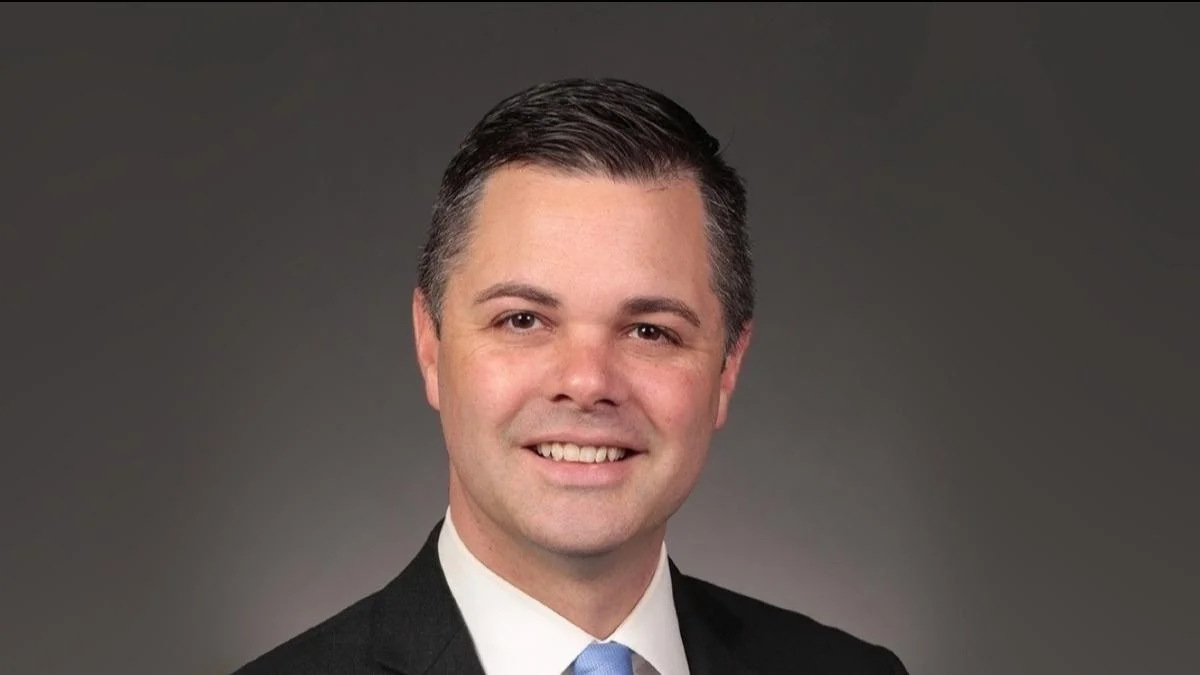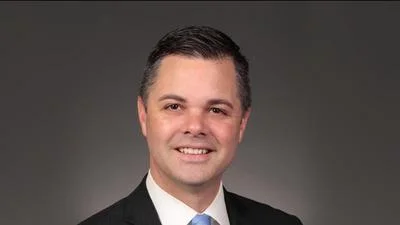U.S. Rep. Zach Nunn Representative for Iowa's 3rd District | Official U.S. House headshot
U.S. Rep. Zach Nunn Representative for Iowa's 3rd District | Official U.S. House headshot
Congressman Zach Nunn, who represents Iowa's 3rd Congressional District, posted a series of tweets on October 16, 2025, highlighting concerns related to military funding, education, and international security.
In a post on October 16, 2025, Nunn quoted an Iowa Guardsman: “We’re working, but we don’t know if we’re getting paid.” He continued in the same tweet, “Another, preparing for a NATO mission, had critical joint training canceled. This is the real cost of Democrat gridlock. They’re putting partisan spending ahead of our troops and national.”
Later that day, Nunn reflected on a meeting with students: “Had a great conversation with Mount Ayr High School seniors today—smart questions on everything from how Congress works, even during a shutdown, to what it takes to protect Iowa farmers for the next generation.” This comment suggests ongoing educational outreach despite political challenges.
In a subsequent tweet on October 16, Nunn addressed international security issues: “Russian aggression against Europe and our NATO allies—including Iowa Guardsmen deployed in Poland—must be met with American strength. We led and passed the PEACE Act to squeeze the Russian war machine without costing the U.S. taxpayer a cent or putting troops at risk. As”
These posts come amid heightened concern about federal budget negotiations and their impact on military operations. Congressional gridlock has led to uncertainty regarding pay for service members and interruptions in critical training exercises for those preparing for NATO missions.
The PEACE Act referenced by Nunn is designed to impose economic pressure on Russia in response to its actions in Europe while aiming to avoid additional financial burden for U.S. taxpayers or direct military engagement.
Nunn’s engagement with high school students reflects efforts by lawmakers to maintain dialogue with constituents and address local priorities such as agricultural policy and civic education during periods of national political tension.






 Alerts Sign-up
Alerts Sign-up